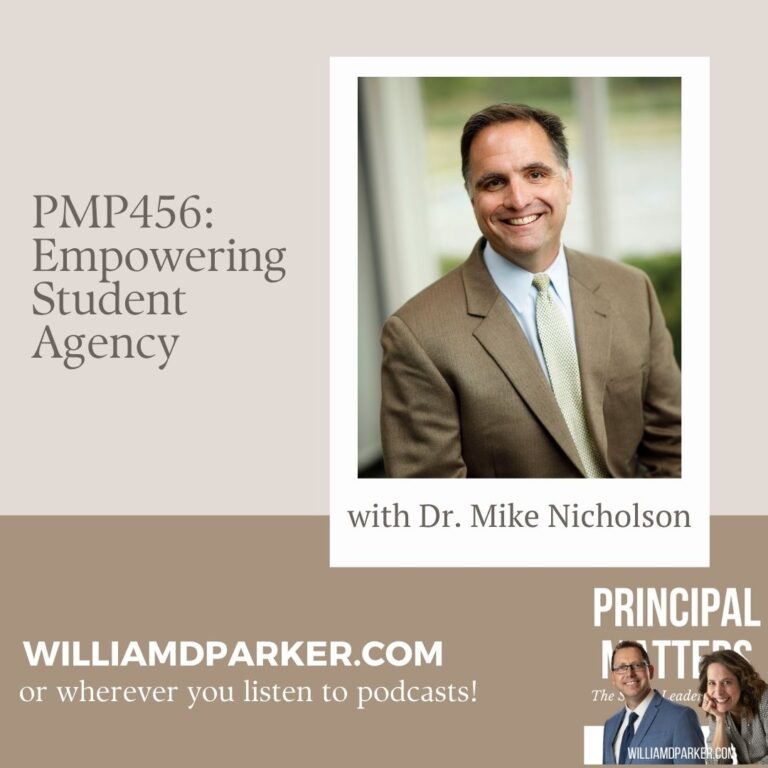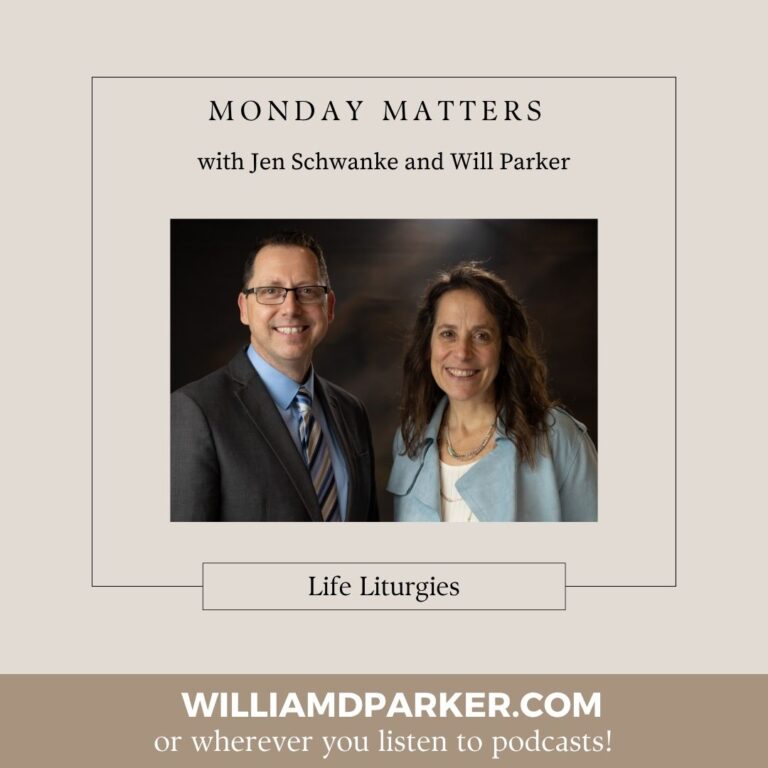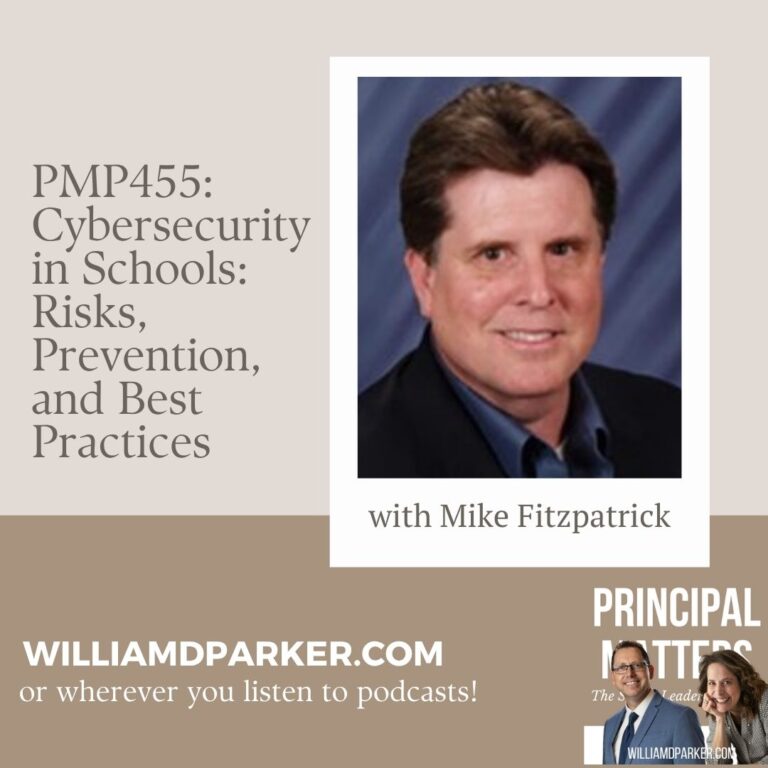Podcast: Play in new window | Download
Helen Kelly is an author, speaker, consultant, coach and researcher in the field of school wellbeing and culture. She was a principal in international schools in Asia and Europe for 15 years and has been conducting research in the field of principal and teacher wellbeing for almost a decade. Prior to becoming a teacher, she spent ten years as a lawyer in the field of workplace health and safety.
From this diverse experience, Helen brings a unique and valuable perspective to her writing, workshops and consulting. She works with schools around the world, in both the public and private sectors, to help them to maximize staff wellbeing and improve workplace culture. She also works with leadership teams and individual leaders to help them to make their leadership more sustainable.
She is the author of the new book School Leaders Matter: Preventing Burnout, Managing Stress and Improving Wellbeing, published by Routledge. Helen is from the UK but is in the process of moving to the west coast of Ireland.
Can you fill in the blanks on that introduction and tell listeners something else they may be surprised to know about you?
I experienced a burnout in 2019 and had to cut my career in education short.
You spent a career practicing law before becoming an educator, and you’ve served in international settings. How has your time in different career paths provided you a perspective that may be helpful for school leaders to consider in their own practice?
Having worked as a lawyer in the field of workplace health and safety, I have an understanding of how we should be treating stress as a health and safety risk in the same way as other risks. Working in international schools really helped me to understand the emotional demands of the principal’s role. You are responsible for all these people, staff, students and parents who are living away from their support networks. The emotional demands are huge. We talk so much about workload in relation to the amount of work we have to do as leaders but if governments, schools and leaders are to support leader wellbeing effectively, they need to acknowledge, understand and take steps to support emotional and psychological health.
Your new book focuses on several areas concerning the stress and workloads of school leaders. What causes burnout, how can people recognize it and how can it be prevented?
Understand burnout as a continuum.
3 dimensions
6 areas of worklife
Book contains details on signs and symptoms of each of the 3 dimensions
What advice do you have for educators for providing a framework to support thriving and resilience?
For individual educators it is about understanding 2 things, your work demands and your work recovery.
Identify areas of mismatch in 6 areas of worklife and take steps to address the imbalance
Understand their work recovery – 4 areas and 4 periods when we can be experiencing this
What practical coping strategies do you use or suggest for leaders who are feeling overwhelmed?
Get your work recovery in place. Sleep. Look for social support – coaching, supervision, networking, mentoring.
What parting words or advice would you have for leaders and how can they stay connected with your work?
Your wellbeing matters to the whole community. Schools and leaders need to start taking strategic approaches to improve working conditions for leaders but we also need to start seeing self-care as a core leadership attribute – an investment in the whole school community, rather than being embarrassed about it.
You can connect with Dr. Helen Kelly at Dr.HelenKelly.com


